How minimalism can improve your finances involves reducing unnecessary expenses, focusing on mindful spending, and prioritizing savings, leading to better financial control and long-term stability.
How minimalism can improve your finances is more than just a trend—it’s a shift in mindset that can lead to surprising savings. Have you ever thought that owning less could mean owing less? Let’s uncover why that happens.
understanding the basics of minimalism and money
Minimalism is a lifestyle choice centered around living with less to create more value and freedom in your life. When applied to finances, it means focusing on what truly matters, cutting out unnecessary expenses, and prioritizing long-term well-being over short-term gratification.
At its core, minimalism challenges common consumer habits. Instead of buying impulsively or accumulating things that rarely add happiness, minimalism encourages thoughtful spending. This can lead to better control over your money and clearer financial goals.
Understanding minimalism starts with recognizing the difference between needs and wants. Identifying essentials helps you avoid wasteful spending and increase savings. It also means questioning the urge to own more and seeking purpose in purchases.
Adopting this mindset doesn’t require drastic changes overnight. Small steps like decluttering possessions, simplifying subscriptions, or budgeting with intention can make a big difference.
By learning how minimalism connects to money management, you gain tools to reduce stress, improve your financial health, and create space for what truly enriches your life.
identifying spending habits to cut down

To change your financial situation through minimalism, the first step is identifying spending habits to cut down. Start by tracking your expenses for a month. Write down every purchase and categorize them into essentials and non-essentials.
Essentials include housing, utilities, groceries, transportation, and necessary healthcare. Non-essentials are often the areas where unnecessary spending hides, such as dining out, subscriptions, impulse buys, and luxury items.
Look for patterns in your non-essential spending. Do you buy coffee every day? Subscribe to multiple streaming services but don’t use all of them? Recognizing these habits is crucial to reduce costs.
Another helpful method is to ask yourself three questions before each purchase: Do I need this? Will I use it often? Can I afford it without stress? This mindset helps prevent impulse purchases and cultivates thoughtful spending.
Once you identify which habits to curb, create a simple plan to reduce or eliminate them. Gradually replacing unnecessary expenses with mindful alternatives can boost your savings and minimize financial stress.
how minimalism encourages smarter saving
Minimalism inspires smarter saving by encouraging you to focus on quality over quantity and to prioritize needs instead of wants. When you buy less, you save more, allowing funds to accumulate for meaningful goals.
Adopting a minimalist mindset helps you avoid impulse buys that often drain your budget. It encourages planning purchases carefully, looking for durability and value rather than fleeting trends. This can reduce frequent replacements and save money in the long run.
Building intentional savings habits
becomes easier when you commit to minimalism. With fewer expenses, you can allocate extra money toward emergency funds, retirement accounts, or debt repayment. This focused approach makes savings grow faster.
Minimalism also promotes mindful consumption, which means asking important questions before spending: Does this purchase align with my values? Will it bring lasting satisfaction? This awareness helps keep your budget in check and builds financial discipline.
Moreover, minimalism can reduce emotional spending, which often stems from stress or societal pressure. By simplifying your lifestyle, you create space for conscious decisions that support your financial health and future goals.
real-life examples of financial gains through minimalism

Many people have experienced significant financial improvements by adopting minimalism. For example, individuals who declutter their homes often sell unused items, generating extra income. One family reduced their monthly expenses by canceling unused subscriptions and limiting dining out, saving hundreds each month.
Another example includes a professional who embraced minimalism by investing in fewer, higher-quality clothing pieces. This approach reduced frequent shopping and spending on fast fashion, freeing up funds for savings and investments.
Debt reduction success stories
show how minimalism helps by redirecting money previously spent on non-essential items toward paying off loans faster. This not only shrinks debt but also decreases interest payments over time.
Minimalism also leads to a simpler lifestyle with less financial stress. People report feeling more in control and satisfied, which can motivate continued smart money habits and long-term financial stability.
These examples highlight how minimalism can improve your finances by creating space for smarter choices and better money management.
tips to sustain minimalism for long-term financial health
Sustaining minimalism for long-term financial health requires commitment and practical habits. One effective tip is to regularly review your spending and adjust your budget as your priorities evolve. This keeps unnecessary expenses in check and promotes continuous awareness.
Another key practice is to embrace mindful consumption. Before making purchases, ask yourself if the item adds real value or if it could lead to clutter. This habit strengthens financial discipline and prevents impulse buying.
Build supportive routines
such as decluttering your space consistently and avoiding lifestyle inflation, where spending rises as income increases. These routines help maintain simplicity and prevent backsliding into excess.
It’s also helpful to set clear financial goals, like saving for emergencies or investments, which motivates sticking to minimalist principles over time. Sharing your journey with a community or partner can provide accountability and encouragement.
Finally, focus on quality over quantity. Investing in durable, multifunctional items reduces replacement costs and supports a sustainable, minimalist lifestyle that benefits your finances for years.
Embracing minimalism for better finances
Adopting minimalism can have a real impact on your financial health by helping you spend less on unnecessary items and save more for what truly matters. It encourages smart habits that grow over time.
By understanding your spending, choosing quality over quantity, and staying mindful of your purchases, you can reduce stress and build a stronger financial future.
Remember, minimalism is not about restriction but making thoughtful choices that lead to greater freedom and peace of mind in your money management.
FAQ – How Minimalism Can Improve Your Finances
What is minimalism and how does it relate to finances?
Minimalism is a lifestyle focused on living with less. It helps improve finances by reducing unnecessary spending and encouraging intentional money management.
How can I start identifying spending habits to cut down?
Start by tracking all your expenses for a month, categorize them into essentials and non-essentials, then focus on reducing or eliminating non-essential purchases.
How does minimalism encourage smarter saving?
Minimalism promotes buying fewer, quality items and avoiding impulse purchases, which frees up money to save for important goals and emergencies.
Can minimalism really help me reduce my debt?
Yes. By cutting unnecessary expenses, you can redirect funds towards paying off debt faster, which reduces interest and overall financial burden.
What are some practical tips to sustain minimalism for long-term financial health?
Regularly reviewing your spending, practicing mindful consumption, setting clear financial goals, and avoiding lifestyle inflation are effective ways to sustain minimalism.
Are there examples of people benefiting financially from minimalism?
Many have saved money by selling unused items, cutting extra subscriptions, and reducing impulse buys, leading to better savings and less financial stress.


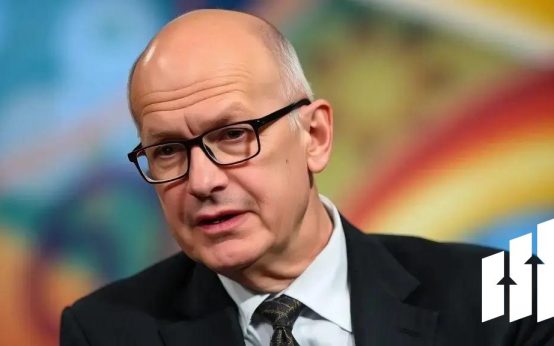 Miran Highlights Dual Goals of Fed and Interest Rate Outlook
Miran Highlights Dual Goals of Fed and Interest Rate Outlook 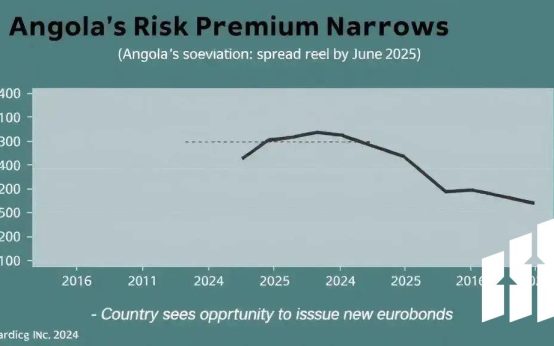 Are You a Robot? Unusual Activity Detected on Bloomberg
Are You a Robot? Unusual Activity Detected on Bloomberg 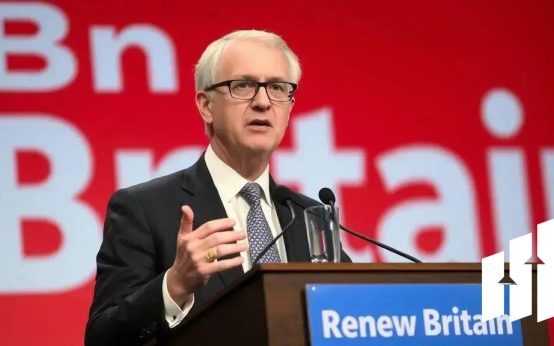 Keir Starmer Leads Business Delegation to India for Trade Pact
Keir Starmer Leads Business Delegation to India for Trade Pact  Takaichi Appoints Ex-Finance Minister as Secretary General of LDP
Takaichi Appoints Ex-Finance Minister as Secretary General of LDP 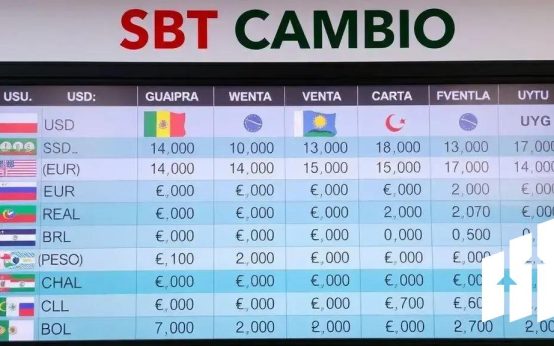 Argentina Continues Dollar Sales Amid Weakened Peso Crisis
Argentina Continues Dollar Sales Amid Weakened Peso Crisis 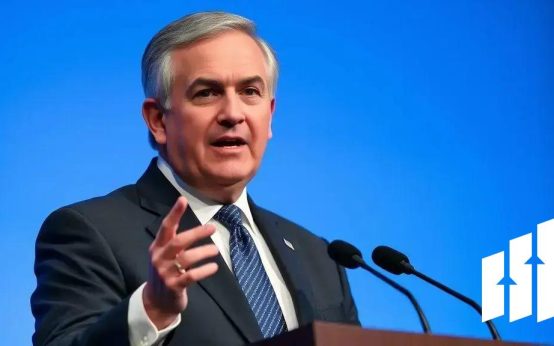 White House Calls on Democrats to Resolve Ongoing Government Shutdown
White House Calls on Democrats to Resolve Ongoing Government Shutdown